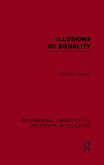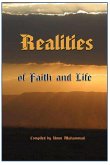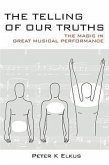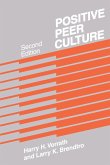This book condemns the certainties which pervade Western societies, whether about innate rights, ethics or socially acceptable behavior, because a close examination of our powers of reasoning shows all such certainties to be illusory; and because illusions, like mirages, lead us astray. It asks what constitutes the acts of thinking and reasoning and examines the neurobiology involved, subjectivity - its origins and unavoidability - objectivity and its limited achievability - and the pervasive ambiguity of the language of ideas. It highlights flaws in the concept of truth; shows how deductive logic itself contains the seeds of failure to produce certainty, how inductive logic yields only probabilities and that neither pattern of logic is how we generally reason. The book demonstrates that undue certainty spawns evils which threaten social stability. A new list of what constitutes logical thought emerges. We consider approaches, of which logic is part, but not the entirety - common sense, pragmatism, judgment and wisdom. We ask, to whom might we listen - philosophers, the wise, or ourselves. Finally, the survival instinct is identified as the biological basis of our ideas about morality, political systems and the like. How a secular morality might be constructed and what an ideology-free society might be like, are considered.
Hinweis: Dieser Artikel kann nur an eine deutsche Lieferadresse ausgeliefert werden.
Hinweis: Dieser Artikel kann nur an eine deutsche Lieferadresse ausgeliefert werden.








